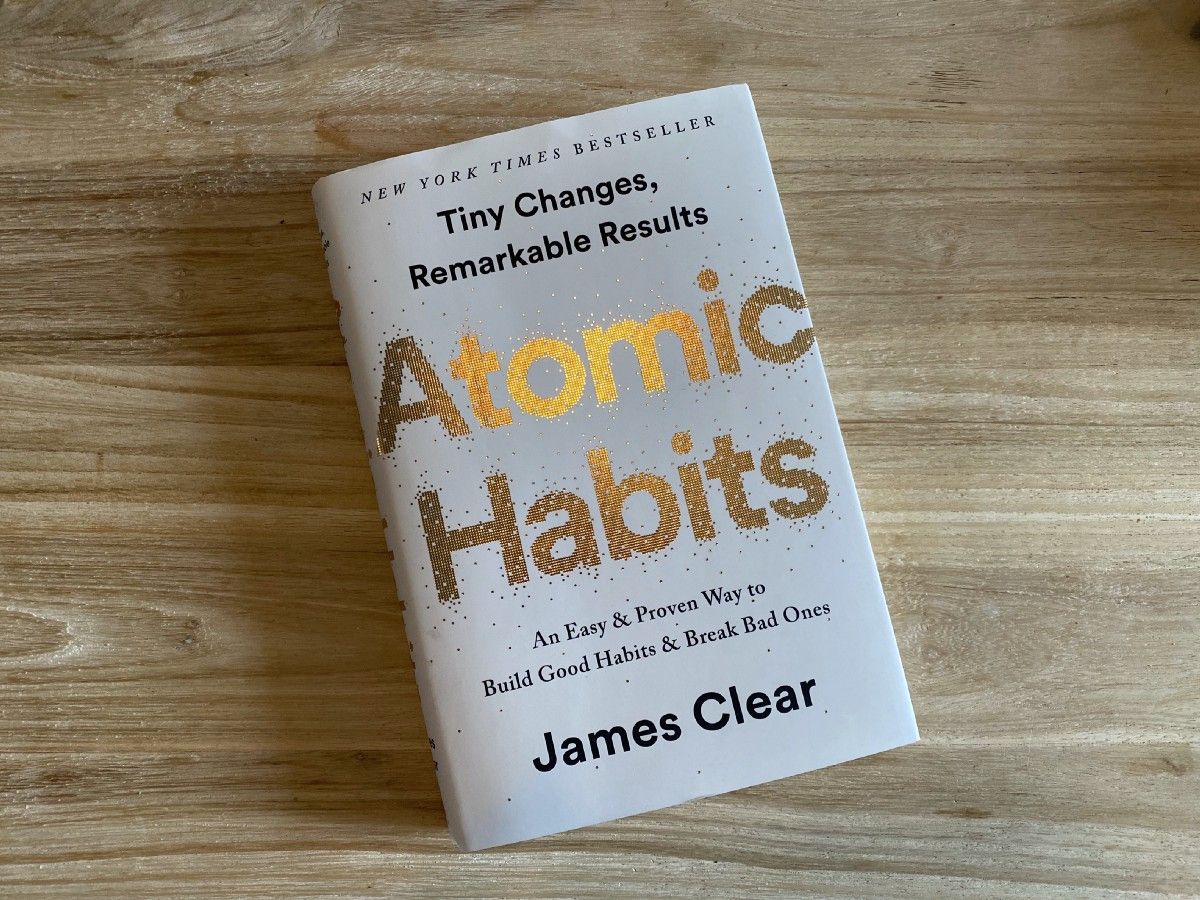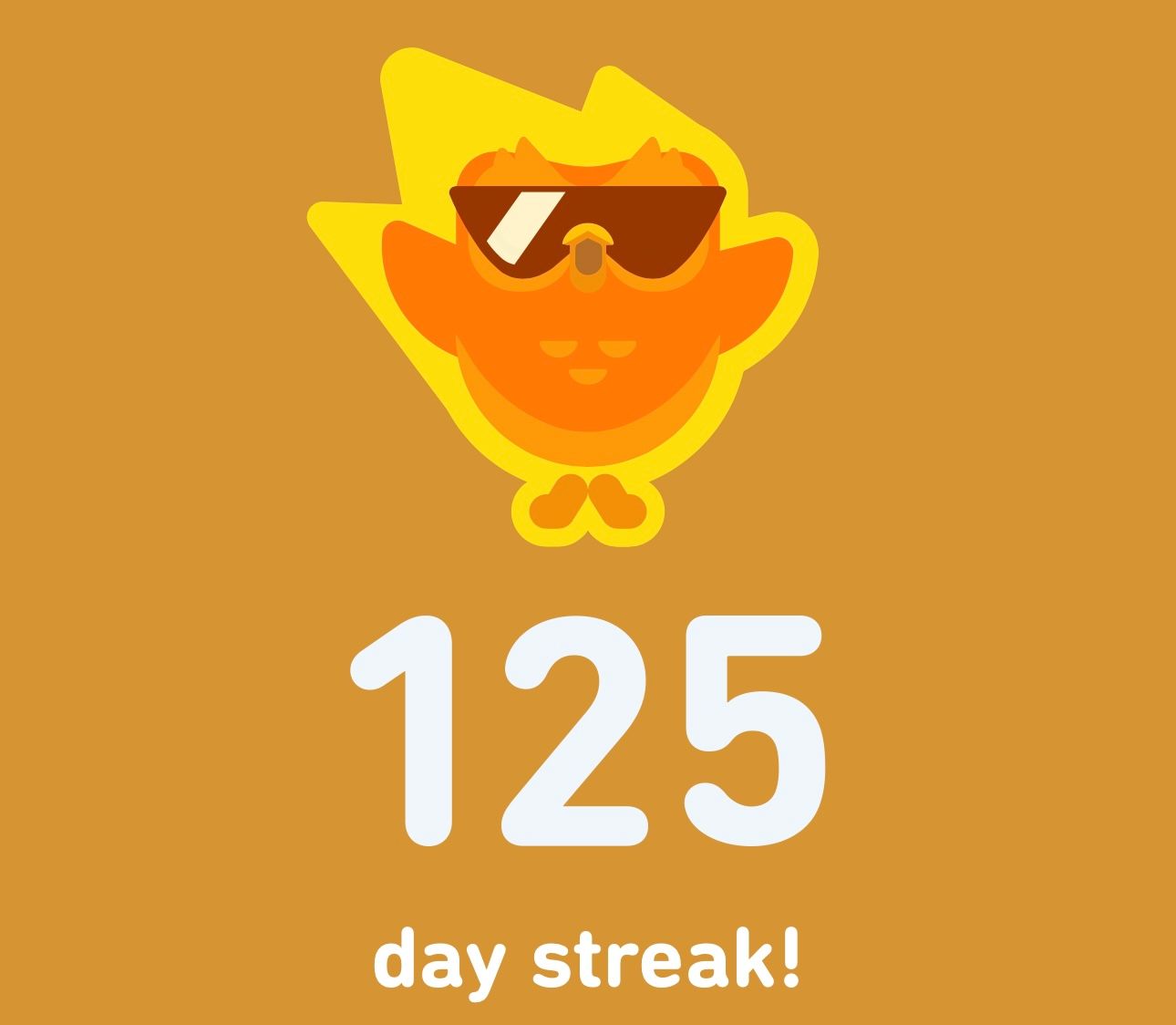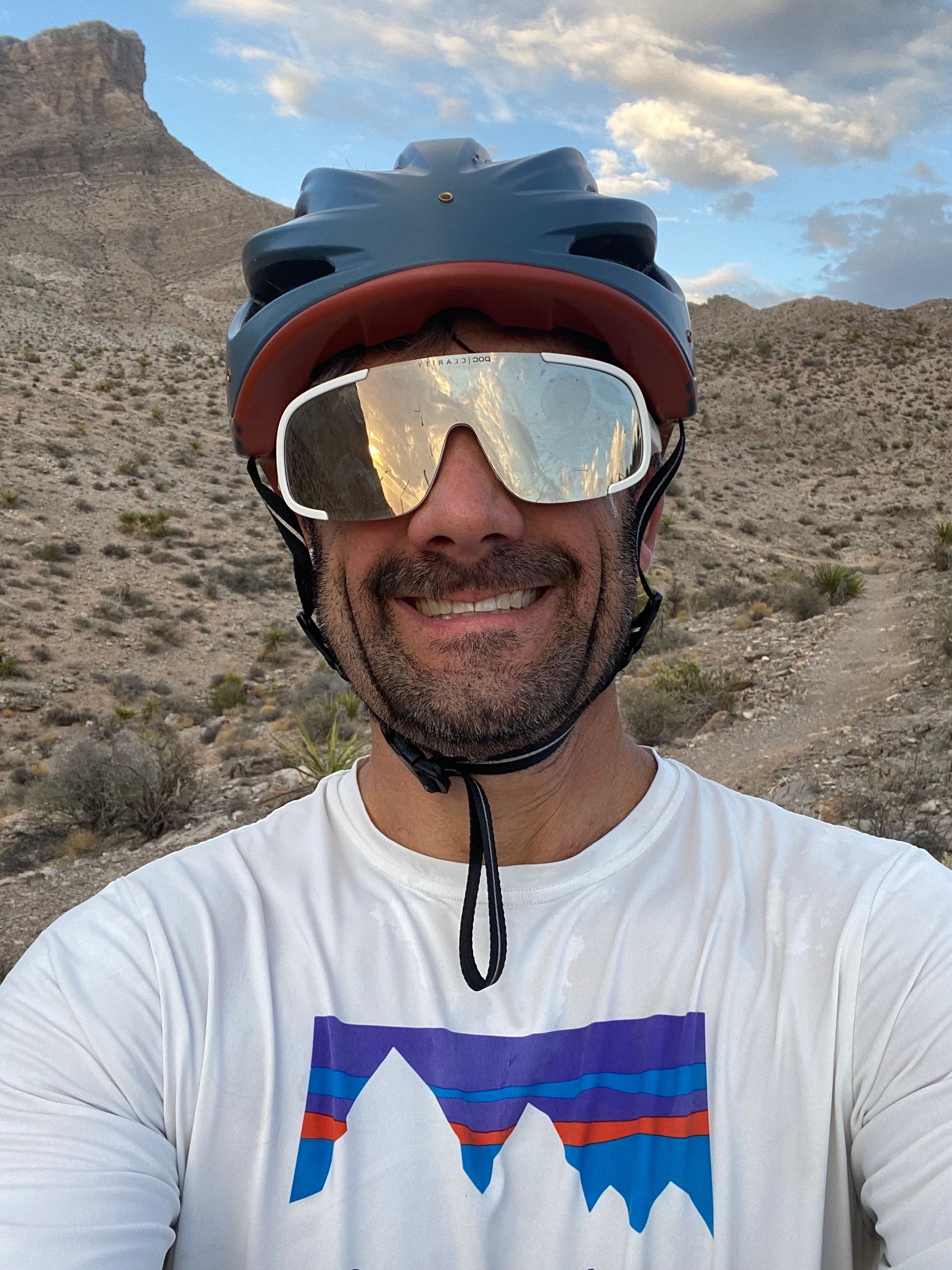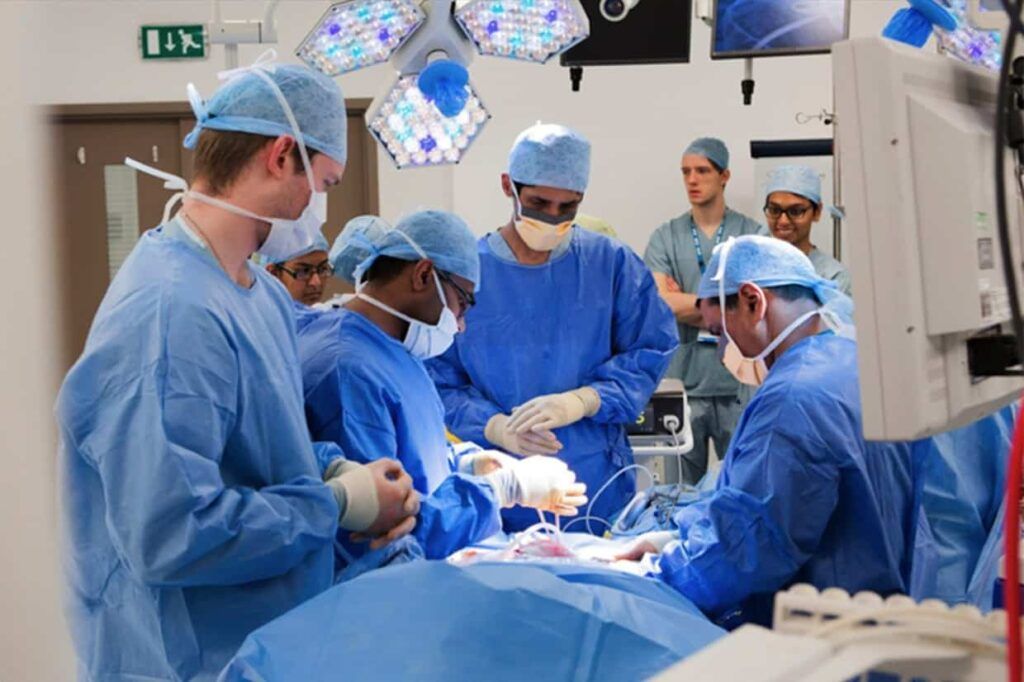Learn more, know less
"An expert is one who knows more and more about less and less until he knows absolutely everything about nothing."
This morning I’m reflecting on the importance of humility and humbleness as we look forward in life to gain knowledge and experience.
As a surgeon I look at my profession and see that decisions are often being made based on dogma, past experiences, and training.
Are we asking ourselves, what do I know is right? Or what do I know as right and how can I make it better?
Learn more, know less.
I came across this reading an interview with Tim Ferris in Tribe of Mentors and I thought to myself, that’s a life lesson, that’s a life guide. It breaks down the longer more popular idiom from the American Philosopher Nicholas Butler who commented “An expert is one who knows more and more about less and less until he knows absolutely everything about nothing.”
How is this helpful as a surgeon?
As surgeons we should be constantly asking ourselves if the operation we’re going to do is not only the best decision for the patient but is the technique we’re about to use the best technique to achieve that particular goal.
Take cholecystectomy (an operation to remove the gallbladder).
Decades ago this was a morbid open procedure with a significant hospital stay. Surgical technique evolved to our current approach which is laparoscopic and it is supported by countless articles demonstrating less morbidity, less pain, less hospital stay, earlier return to function and the list goes on.
While cholecystectomy is the poster child, the same can be said for countless other operations across all surgical specialties from general and pediatric surgery to orthopedic, plastic, vascular, cardiac and others.
What I find interesting is not the before or the after but the in between.
In the famous book about change, Crossing the Chasm by Geoffrey Moore he presents the idea of behavior change related to different groups of people. There are the innovators and the early adopters who are responsible for paradigm shifts but then there is a big gap to reach the early majority.
That shift is the chasm, that shift is before the momentum and the research and the support has proven the superiority of a particular decision. Surgery is an excellent example of behavior change.
When it came to cholecystectomy, who were the early adopters, who were the innovators, and who now are the laggards?
While laparoscopic cholecystectomy is a great example of this in surgery it’s important to step back and see the pattern. What we “know” from our training as the best approach may not necessarily be the best approach or the best decision now. The pace of that change may take decades it may take years or it can be on a much more rapid timeline.
What are you learning now as “the best approach” and how could that change?
How are you putting yourself in a position to question, to improve, to learn?
Do you abhor change or do you welcome it?
Learn more, know less.
It’s not easy but I challenge you to take this approach to your life, your health, your marriage, parenting, the operating room, your studies, your friendships. Be humble, be inquisitive, invite change.










